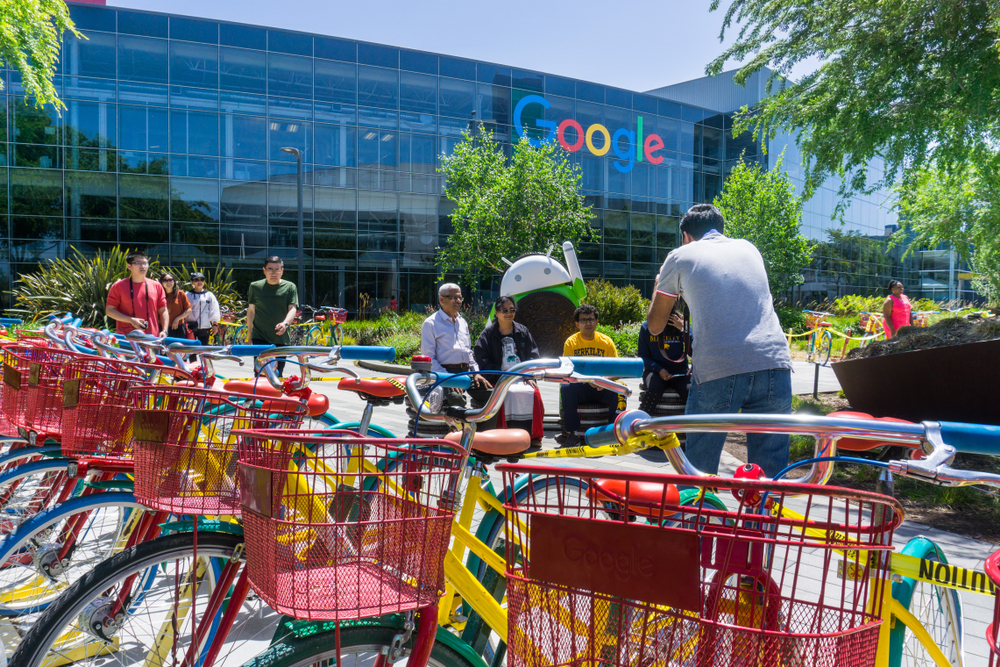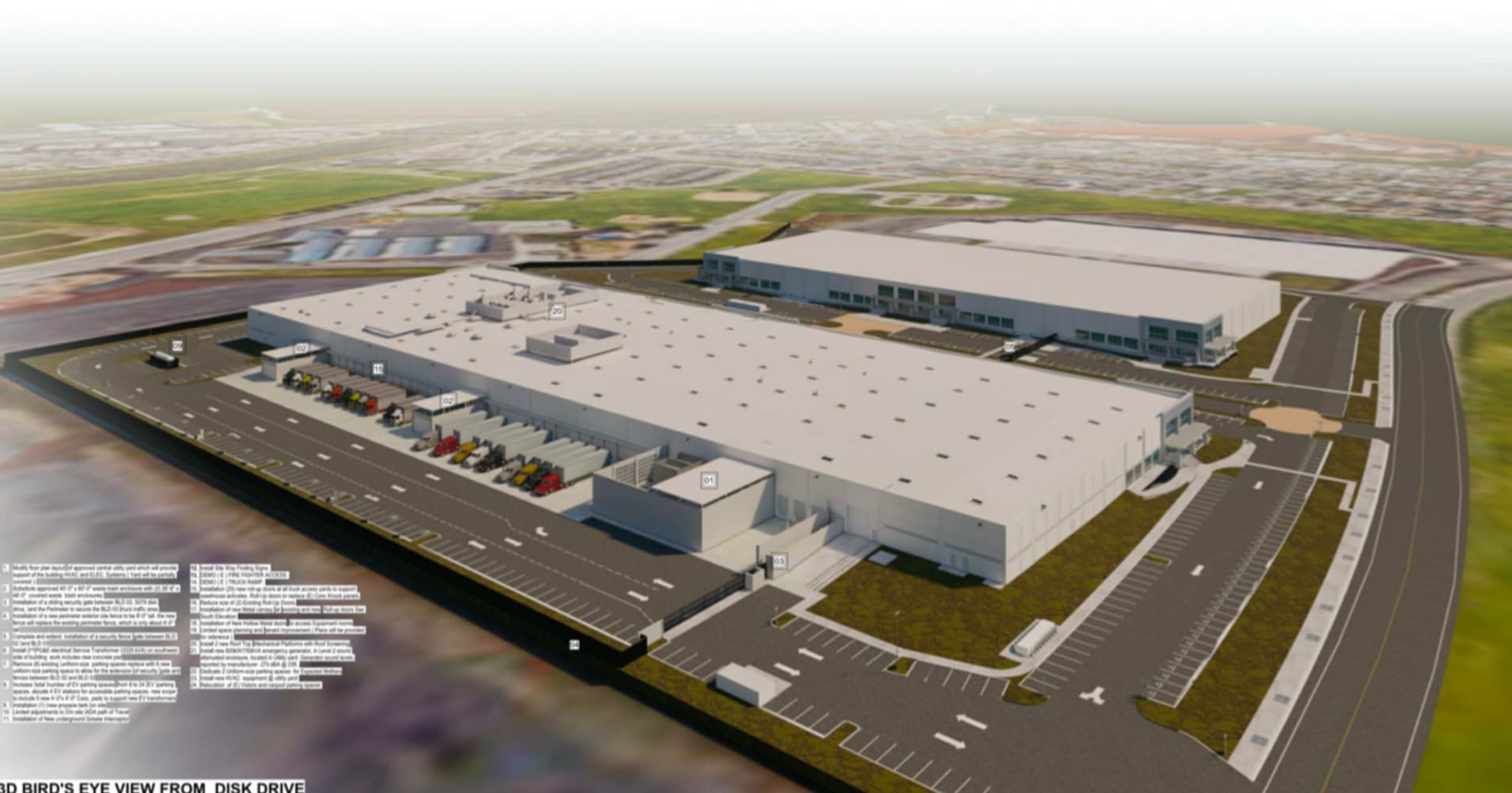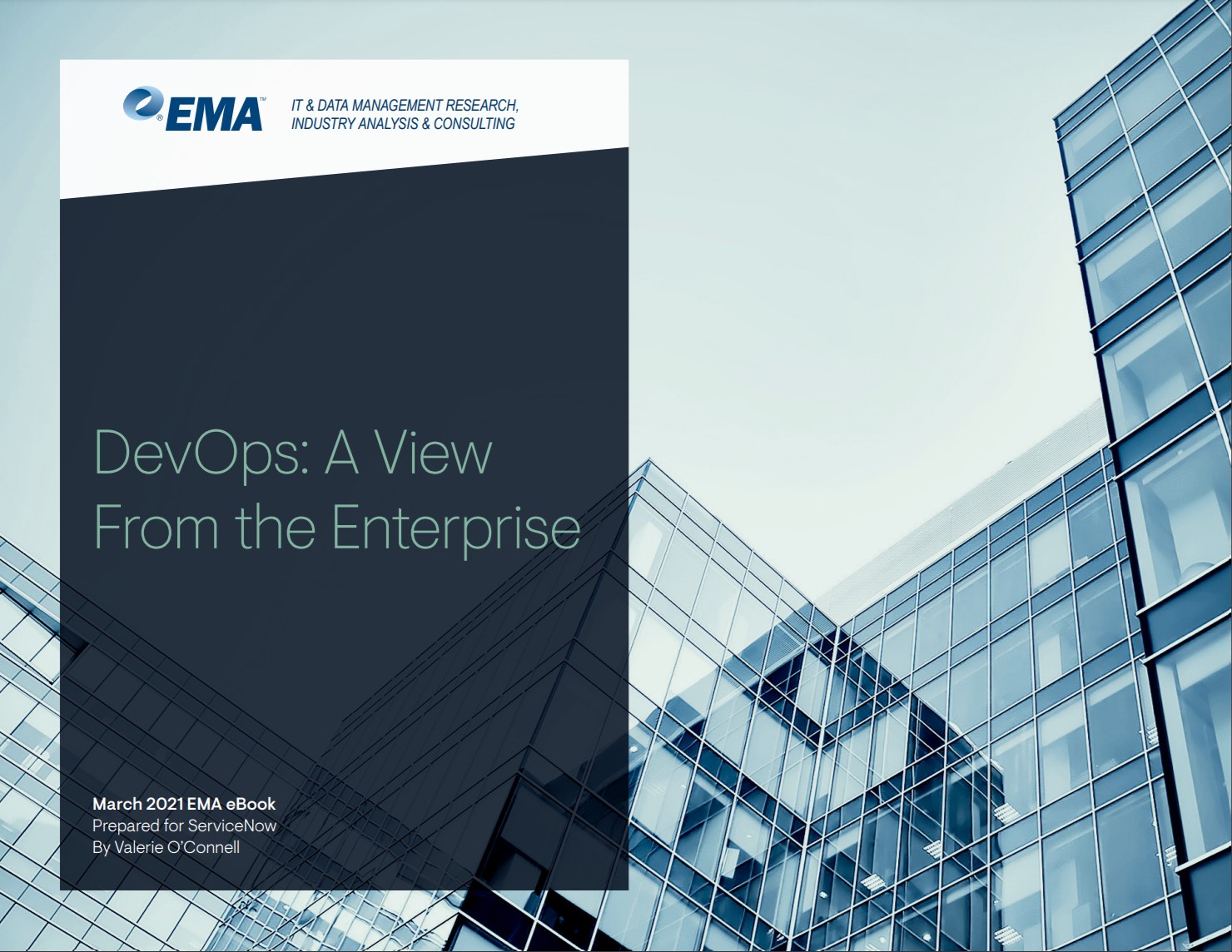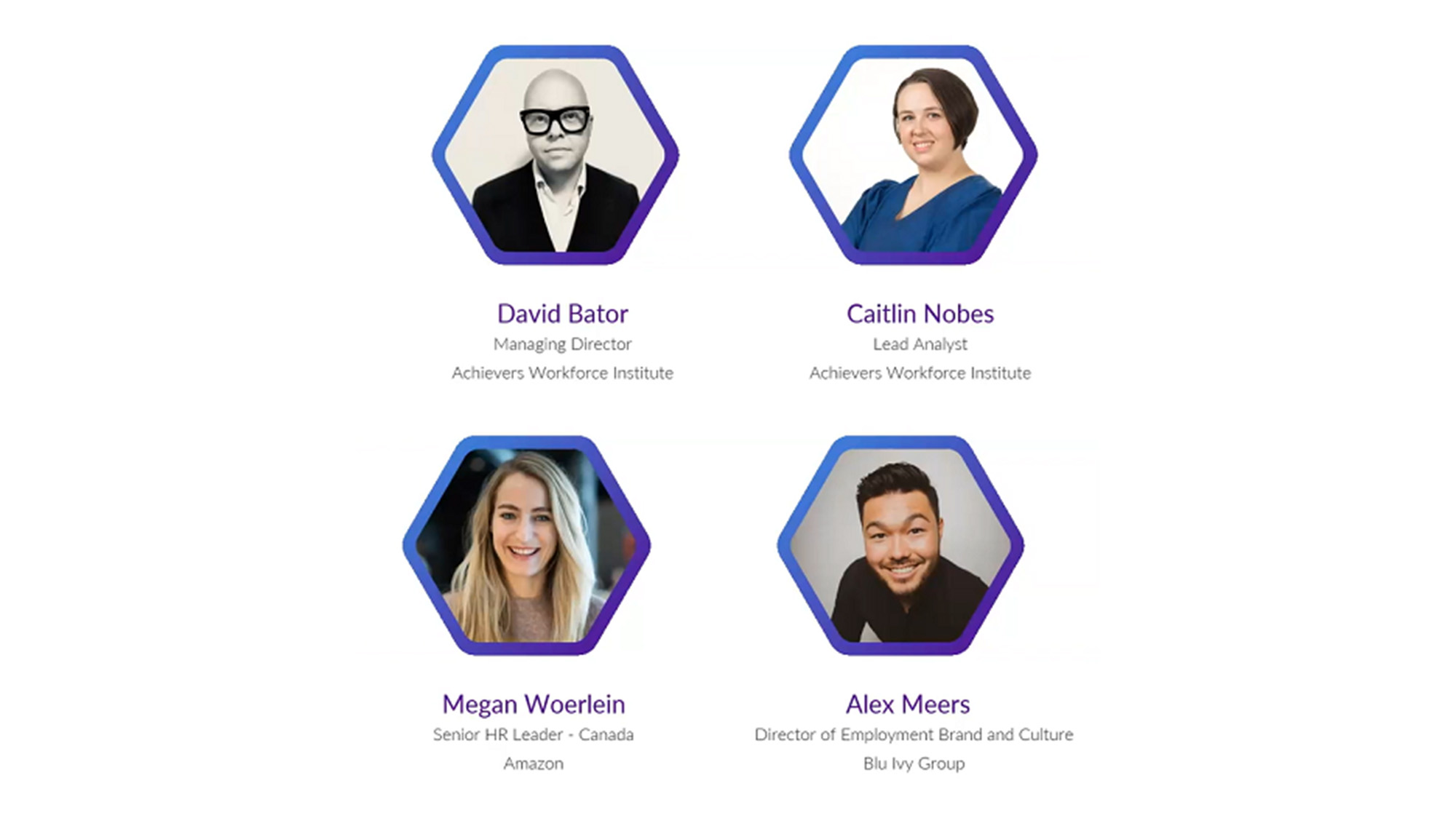Google plans new Silicon Valley campus with hardware division
The campus will feature five office buildings accommodating for 3,500 employees


Google is reportedly planning to build a new campus in Silicon Valley which will be situated next to a new facility partly devoted to hardware, at a time where more employees are asking to work from home.
Since 2018, Google has bought $389 million in land in San Jose, California, and recently filed preliminary building proposals show a centre for hardware operations as well as a publicly accessible new tech campus. These will be situated between its current headquarters in Mountain View and its recently approved town-like megacampus in San Jose, as reported by CNBC.
The tech campus, dubbed “Midpoint”, will include five office buildings, reportedly accommodating up to 3,500 employees, and will be built using landscaping and construction updates to existing offices, rather than completely new developments. Currently, there is no timeline for when the project will be completed.
The campus will sit adjacent to three industrial buildings that will house some operations for its hardware division including an "R&D" centre. Google has filed plans to make updates to these buildings, including adding meeting rooms, kitchens, equipment platforms, and a shipping warehouse. The plans reportedly mention "Google Hardware" and "Nest", and the buildings will also house general supplies and store items like furniture for local campuses, a spokesperson told CNBC.

“The goal of the proposed project is to enhance pedestrian and bicycle safety and connectivity between the buildings and the surrounding community,” Vini Bhargava, a Google real estate and workplace services project executive, said in a preliminary review request.
The campus complies with Google’s aim of opening itself up to its “non-tech” neighbours as concerns of displacement in the San Francisco region continue to grow. The office upgrades also come in line with Google’s plans for more employees to work in offices once the pandemic has ended.

RELATED RESOURCE

DevOps: A view from the enterprise
What's driving DevOps, the impact of value stream management, and more
The campus plans also show it will include a new “transit hub” with shuttles, bike parking, and transit passes for employees to reduce single-occupant vehicle trips. It will also contain showers, lockers, and changing rooms to encourage commuting.
Get the ITPro daily newsletter
Sign up today and you will receive a free copy of our Future Focus 2025 report - the leading guidance on AI, cybersecurity and other IT challenges as per 700+ senior executives
There will also be a commuter shuttle service that will cater for employees from the Bay Area, which Bhargava said is “proven to significantly reduce the number of employees that drive alone to work compared to the regional average”.
Last week, Google reportedly approved 85% of 10,000 staff requests to work remotely or relocate when its offices open again. It's believed the tech giant will ask most of its staff to return to work in their previous office locations but will allow others to carry out their duties elsewhere.
Zach Marzouk is a former ITPro, CloudPro, and ChannelPro staff writer, covering topics like security, privacy, worker rights, and startups, primarily in the Asia Pacific and the US regions. Zach joined ITPro in 2017 where he was introduced to the world of B2B technology as a junior staff writer, before he returned to Argentina in 2018, working in communications and as a copywriter. In 2021, he made his way back to ITPro as a staff writer during the pandemic, before joining the world of freelance in 2022.
-
 Should AI PCs be part of your next hardware refresh?
Should AI PCs be part of your next hardware refresh?AI PCs are fast becoming a business staple and a surefire way to future-proof your business
By Bobby Hellard Published
-
 Westcon-Comstor and Vectra AI launch brace of new channel initiatives
Westcon-Comstor and Vectra AI launch brace of new channel initiativesNews Westcon-Comstor and Vectra AI have announced the launch of two new channel growth initiatives focused on the managed security service provider (MSSP) space and AWS Marketplace.
By Daniel Todd Published
-
 IT professionals aren’t budging on flexible work demands – and more than half say they’ll quit if employers don’t meet expectations
IT professionals aren’t budging on flexible work demands – and more than half say they’ll quit if employers don’t meet expectationsNews Analysis from Randstad shows 40% of UK-based IT pros have quit over a lack of flexible work options, while 31% of workers globally have done the same.
By Ross Kelly Published
-
 'The tide seems to be turning towards office attendance': 64% of hybrid business leaders want staff back in the office – but many worry that enforcing RTO mandates will drive employees away
'The tide seems to be turning towards office attendance': 64% of hybrid business leaders want staff back in the office – but many worry that enforcing RTO mandates will drive employees awayAnalysis Many UK business leaders want their staff back in the office more frequently, but they’re scared to implement return to office (RTO) mandates in fear of worker revolts.
By George Fitzmaurice Published
-
 Employees are dead set on flexible working arrangements – three quarters would turn down a role that didn't offer hybrid options as work-life balance becomes more important than pay
Employees are dead set on flexible working arrangements – three quarters would turn down a role that didn't offer hybrid options as work-life balance becomes more important than payNews New research shows workers are increasingly demanding flexible working arrangements from employers.
By Emma Woollacott Published
-
 Nearly half of tech workers are seeking new roles – declining employee benefits and reduced flexible working options have staff looking elsewhere
Nearly half of tech workers are seeking new roles – declining employee benefits and reduced flexible working options have staff looking elsewhereNews While salaries are rising for tech workers, other benefits are in decline, leading to a fall in job satisfaction
By Emma Woollacott Published
-
 Untethered: How CIOs and CISOs are paving the way for the new hybrid workforce
Untethered: How CIOs and CISOs are paving the way for the new hybrid workforceWhitepaper Effective techniques to transition from exposed legacy infrastructure to an effective zero trust strategy
By ITPro Published
-
 Unified endpoint management and security in a work-from-anywhere world
Unified endpoint management and security in a work-from-anywhere worldWhitepaper Learn how to converge endpoint management and security processes and systems to drive efficiency and reduce risk
By ITPro Last updated
-
 Why flexible working is critical to ensure talent retention
Why flexible working is critical to ensure talent retentionAdvertorial The changing face of flexible working will be the focal point of a webinar hosted by the Achievers Workforce Institute on July 12
By ITPro Published
-
 Hybrid work means we’re burning out harder and faster than ever
Hybrid work means we’re burning out harder and faster than everIn-depth Technology has fueled an always-on culture that’s turbocharged a new breed of burnout, but technology can also come to the rescue
By Sandra Vogel Published